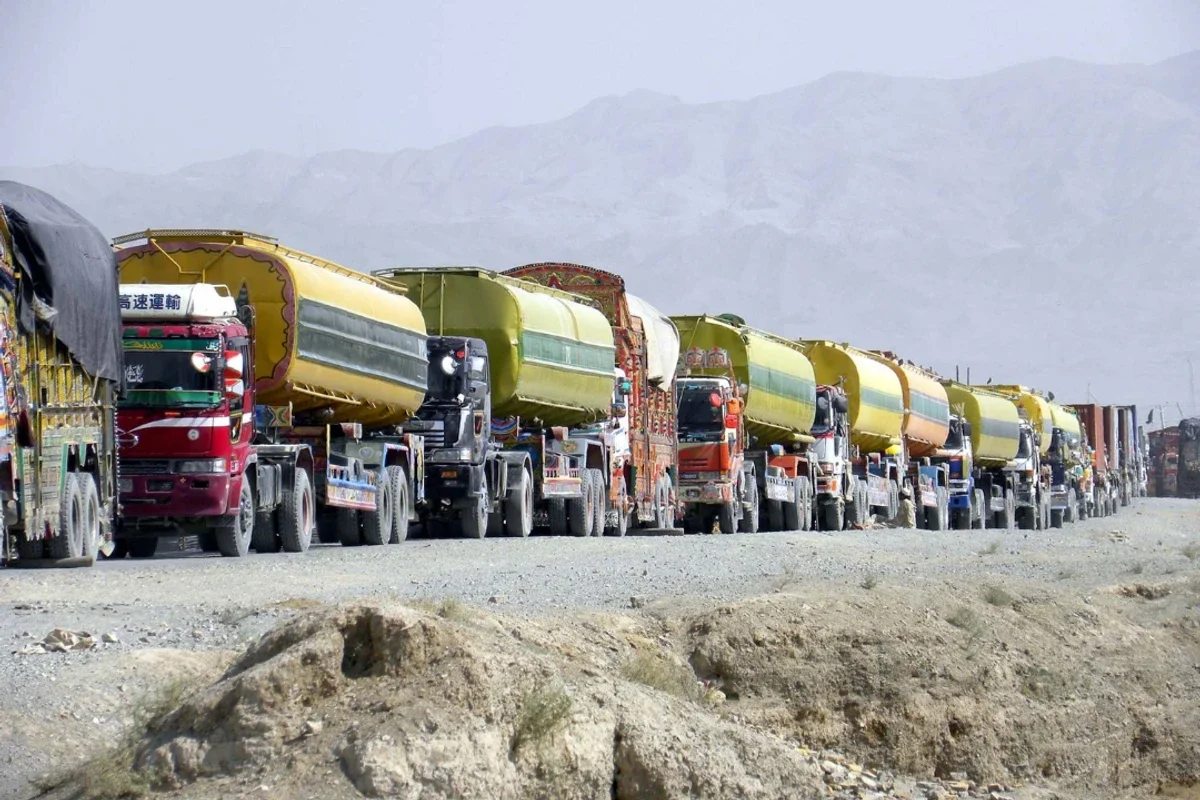Pakistan to export 200,000 tons of furnace oil as refineries shift toward higher-value fuels
High taxes and low domestic demand push refineries to ramp up exports
Business Desk
The Business Desk tracks economic trends, market movements, and business developments, offering analysis of both local and global financial news.

Pakistan plans to export around 200,000 tons of furnace oil in October and November, reflecting the country’s continued pivot from being a net importer to a regular exporter of the fuel.
According to data provided by the refineries, total stockpiles of fuel oil currently stand at around 147,000 metric tons (mt). Pak Arab Refinery Ltd. (PARCO) holds the bulk of the volume — about 104,000 mt — while Pakistan Refinery has roughly 19,000 mt, and National Refinery and Cnergyico each have about 12,000 mt.
Pakistan exported 279,882 mt of fuel oil in the three months ended Sept. 30, nearly 6% lower than during the same period in 2024, data from the Oil Companies Advisory Council (OCAC) showed.
Exports of low-sulfur fuel oil, however, rose about 2.8% year-over-year to 27,537 mt during the same quarter.
Industry officials attributed the decline in overall exports to stronger domestic demand from fuel oil-fired power plants, driven partly by higher natural gas prices. Power generation from fuel oil surged to 297 gigawatt-hours (GWh) in the three months ended September, up 102% from 147 GWh a year earlier, according to the National Electric Power Regulatory Authority (NEPRA).
Despite the increase in generation, fuel oil remains one of the costliest sources of electricity.
NEPRA data show that generation from fuel oil costs roughly PKR 32 per unit, compared with PKR 22.7 per unit from re-gasified liquefied natural gas (RLNG), PKR 13 per unit from coal, PKR 13.10 per unit from domestic gas, and PKR 2 per unit from nuclear sources.
Analysts said the government’s recent tax measures are likely to accelerate fuel oil exports in the current fiscal year.
The federal budget imposed a tax of about PKR 82,077 per mt and a carbon tax of PKR 2,665 per mt on fuel oil to discourage its domestic use.
“Pakistan’s refineries will likely export up to 90% of the fuel oil they produce this year, given the high taxation and lower domestic demand,” said an Islamabad-based energy analyst.
“Refineries are now focusing on upgrading their processes and diversifying crude sources to maximize diesel and petrol output.”
OCAC data show Pakistan’s refineries produced around 2.46 million mt of fuel oil in the fiscal year ended June 30, compared with 2.47 million mt in the previous year.
Exports rose to 1.3 million mt during the same period, up from 820,000 mt the year before.
Cnergyico, the country’s largest refiner, recently imported its first cargo of U.S. crude — about one million barrels — with two more shipments expected in November and a third in January 2026.
Industry officials said the move is part of a broader effort by refiners to use alternate crude feedstocks that yield less fuel oil and more high-value products such as diesel and petrol.










Comments
See what people are discussing